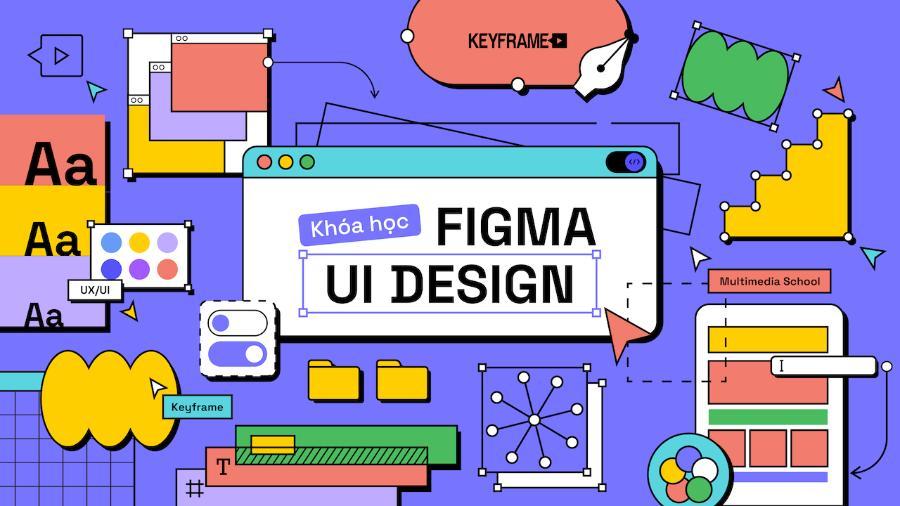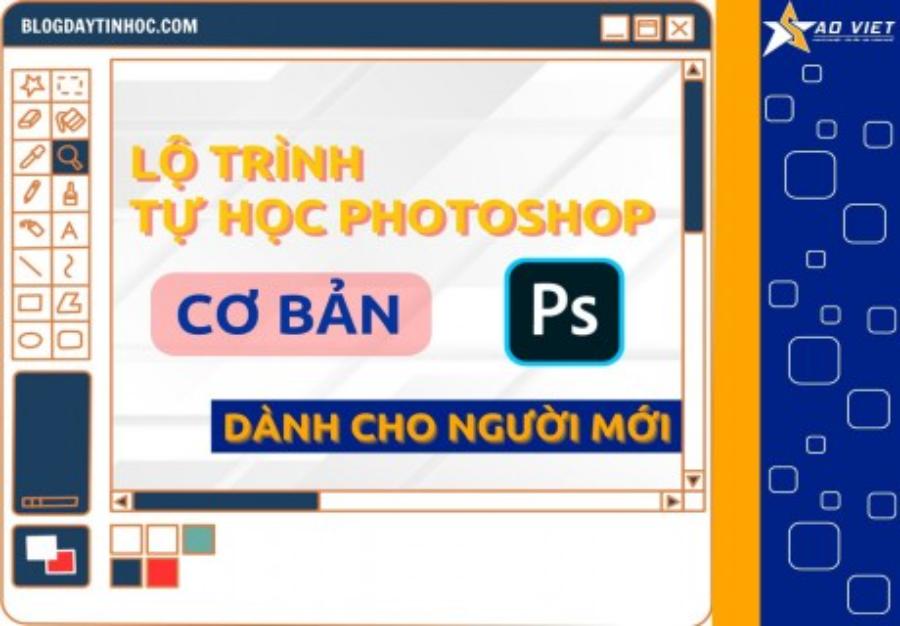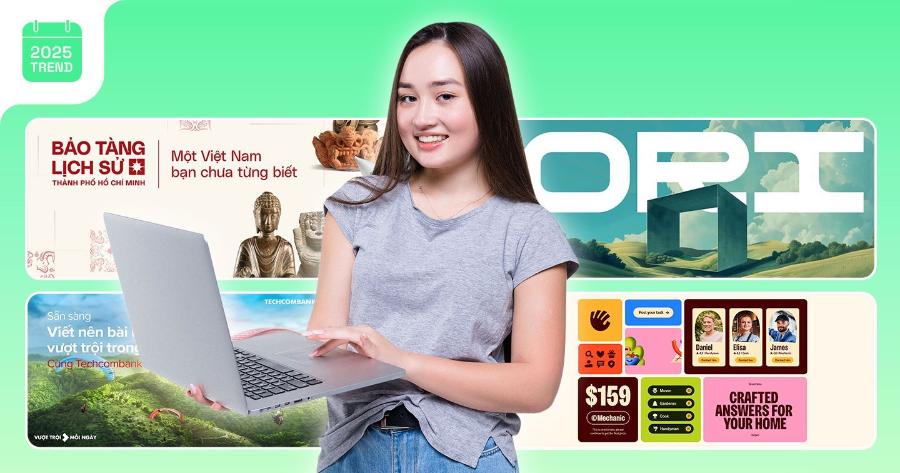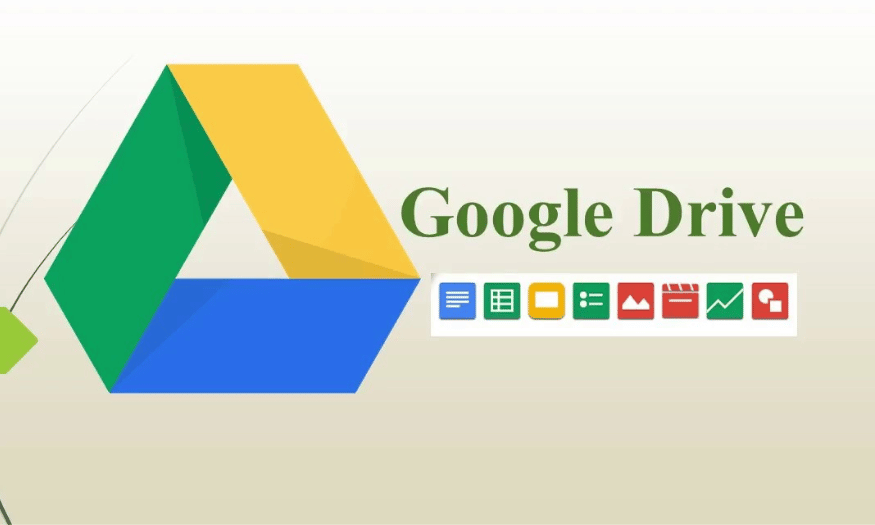Best Selling Products
What is a Brochure? Important Notes When Designing a Brochure
Nội dung
- 1. What is a Brochure?
- 2. Important Notes When Designing Brochures
- 2.1. Choose Clear Goals
- 2.2. Tight Design Structure
- 2.3. Appropriate Colors and Images
- 2.4. Pay Attention to Font and Font Size
- 2.5. Provide a Call to Action
- 2.6. Optimize Content for Accessibility
- 2.7. Check for Spelling and Grammar Errors
- 3. Popular Types of Brochures
- 3.1. Tri-Fold Brochure
- 3.2. Bi-Fold Brochure
- 3.3. Booklet Brochure
- 3.4. Flat Brochure
- 3.5. Vertical Brochure
- 4. Important Elements When Designing a Brochure
- 4.1. Determine the Objective of the Brochure
- 4.2. Focus on Image Design
- 4.3. Clear, Easy-to-Follow Layout
- 4.4. Choosing the Right Font
- 4.5. Ensuring Consistency
- 5. Conclusion
Learn what a brochure is and why brochure design is important for marketing campaigns. Important considerations when designing a brochure to make a strong impression on potential customers.

In the field of marketing and communication, brochures are extremely effective tools to promote products, services or business information. However, to design a professional brochure and attract customers, there are many factors to consider. In the following article, Sadesign will provide you with an overview of what a brochure is, as well as important notes when designing a brochure to achieve the highest efficiency.
1. What is a Brochure?
A brochure is a type of advertising document, usually printed and distributed to provide information about a product, service, event or anything that a business wants to introduce to potential customers. With a compact design and easy to carry, brochures are considered one of the traditional marketing tools but still have a strong effect in building relationships with customers.
Brochures can come in many forms, from simple flyers to compact books with many pages of content. Despite the strong development of online marketing media, brochures still hold an important place in the marketing strategy of many businesses, especially in connecting directly with customers.
.jpg)
Features of Brochure
Brochures have several outstanding features that make them effective advertising tools:
Easy to distribute : With their compact size, brochures are easy to distribute at events, conferences, stores or through the mail. This helps businesses reach potential customers quickly and directly.
Easy to digest information : A brochure can contain a lot of information in a small space. Usually, brochures are designed so that the reader can easily grasp the information visually.
Flexible design : Brochures can be designed in many different styles and shapes, suitable for advertising purposes as well as the individual style of each business.
2. Important Notes When Designing Brochures
When designing a brochure, there are a number of factors that need to be considered to create a product that is both eye-catching and effective. Here are some important considerations when designing a brochure.
2.1. Choose Clear Goals
Before you start designing, it is important to first determine the purpose of your brochure. You need to know what the brochure will be used for: promoting a product, service, event, or company information? Having a clear goal will help you decide on the content, design, and message you need to convey.
2.2. Tight Design Structure
The structure of the brochure should be clear and easy to understand. This not only makes it easy for readers to access information but also creates a professional impression of the business. A brochure is usually divided into the following sections:
Cover Page : Needs to attract attention and convey the main message of the brochure.
Main content : Provide detailed information about the product, service or event.
Contact information : Make it easy for customers to contact the business.
2.3. Appropriate Colors and Images
Colors and images play an important role in creating a first impression on the reader. Choose colors that match your business’s brand identity and make sure they don’t confuse the reader. Images should also be sharp and directly related to the content of the brochure.
.jpg)
2.4. Pay Attention to Font and Font Size
The font in your brochure should be easy to read and consistent with the style of your business. The font size should also be chosen so that it is easy to read and appropriate for each section of content. Avoid using too many different fonts, as this can make your brochure difficult to read and unprofessional.
2.5. Provide a Call to Action
Every brochure should include a clear call to action, so that customers know what they should do next after reading the brochure. The call to action could be “Call now for a consultation”, “Visit the website for more details” or “Sign up today”. This is the element that helps convert potential customers into actual customers.
2.6. Optimize Content for Accessibility
The message in your brochure should be short, concise and easy to understand. You don’t need to include too much information, but focus on the strongest points of your product or service. Each section of content should have a clear title and be divided into sections for easy reading.
2.7. Check for Spelling and Grammar Errors
A brochure with spelling or grammatical errors will detract from the professionalism of your business. Before printing, make sure that all content has been thoroughly checked. Spelling errors can make customers doubt the quality of your products and services.
3. Popular Types of Brochures
Brochures are a popular marketing tool, but not all brochures are created equal. Each type of brochure serves a different purpose and is suitable for different communication strategies. Here are some common types of brochures that you can consider when planning your business design:
.jpg)
3.1. Tri-Fold Brochure
Tri-fold brochures are one of the most popular types of brochures, with a simple and easy-to-use design. They are usually folded into 3 parts, creating 6 panels so you can convey information clearly and coherently. This is an ideal choice for businesses that need to provide detailed information about a product or service without taking up too much space.
3.2. Bi-Fold Brochure
Bi-fold brochures are brochures that are folded in half, divided into 4 sides so that you can present information in a reasonable way. With a simple design but still enough space to convey the message, bi-fold brochures are often used in events, exhibitions or simple marketing campaigns.
3.3. Booklet Brochure
A booklet brochure is a type of booklet that has many pages and can be folded like a small book. This type of brochure is often used when you need to convey more detailed information about a product, service or introduce a company or business. A booklet brochure helps customers easily follow the information and have a more general view of what you offer.
3.4. Flat Brochure
A flat brochure is an unfolded brochure that is usually large in size and uses a lot of images to attract attention. This type of brochure is often used to advertise high-end products or special services. Because it is unfolded, customers can open it up to see all the information at once.
3.5. Vertical Brochure
A vertical brochure is a design style where the sides of the brochure are placed vertically. This is a great choice when you want to highlight a prominent element or image. This type of brochure is often used in strong visual advertising campaigns.
4. Important Elements When Designing a Brochure
To design an effective brochure that can attract customers and convey the message accurately, you need to pay attention to some important factors. The following are indispensable factors in creating a successful brochure.
.jpg)
4.1. Determine the Objective of the Brochure
One of the most important factors when designing a brochure is determining its purpose. You need to understand what message you want to convey and who your target audience is. This will help you decide on the most appropriate content, design, and layout of the brochure. If your goal is to promote a new product, you will need to focus on the highlights of the product and how to use it. If you want to convey a brand message, you can focus on the visual elements and core message.
4.2. Focus on Image Design
Images play an important role in brochure design, because they create appeal and easily attract the attention of readers. Choosing beautiful, high-quality photos that are appropriate to the content will help your brochure become more professional and impressive. You should also pay attention to the use of colors so that they are harmonious, easy to see and reflect the spirit of the brand.
4.3. Clear, Easy-to-Follow Layout
One of the things to keep in mind when designing a brochure is the layout. The brochure should have a clear structure that makes it easy for readers to follow the information. You need to arrange the content sections logically, without making it confusing or confusing for the viewer. Make sure elements such as the title, images, and contact information are clear and easy to find.
4.4. Choosing the Right Font
Fonts are also an important element in brochure design. Choose a font that is easy to read, easy to understand, and consistent with your brand style. Fonts that are too fancy or difficult to read can make customers feel uncomfortable and not want to continue reading.
4.5. Ensuring Consistency
A successful brochure must have consistency from design to content. Elements such as colors, fonts, images, and other graphic elements must be consistent to create a strong brand identity. This makes it easier for customers to recognize your brand and creates a sense of trust.
5. Conclusion
Brochure design is a job that requires attention to detail, from content to image design. A quality brochure not only helps you convey information effectively but also makes a strong impression on potential customers. If you want to build an effective traditional marketing strategy, brochures are definitely an indispensable tool. Start planning and designing your brochure today to increase your presence and reach customers quickly and effectively.












































